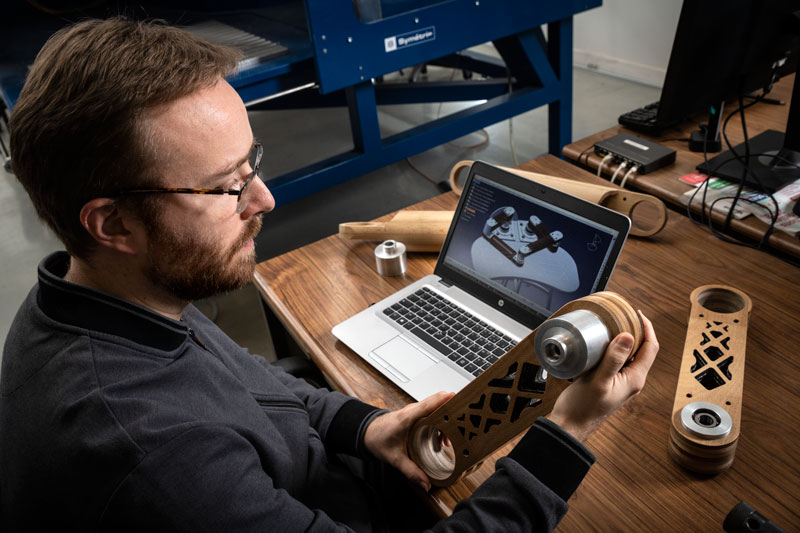Welcome
I develop my activities at LS2N, in the ARMEN team of which I am the leader.
My own research activities span four main topics:
Robot design
Robot dynamics modelling
Singularities
Robot Eco-sustainability

I develop my activities at LS2N, in the ARMEN team of which I am the leader.
My own research activities span four main topics:
Robot design
Robot dynamics modelling
Singularities
Robot Eco-sustainability
The Centre National de la Recherche Scientifique (CNRS / translation: National Center for Scientific Research) is a public organization under the responsibility of the French Ministry of Education and Research.
The CNRS, this is: 33000 employees, 1100 laboratories, 20 Nobels, 12 Fields medal and the first producer of knowledge in the world.
As the largest fundamental research organization in Europe, CNRS carried out research in all fields of knowledge, through its ten institutes:
LS2N, "Laboratoire des Sciences du Numérique de Nantes" is a Joint Research Unit of CNRS.
In 2017, LS2N is composed of 450 persons: around 180 academics and researchers (among whom 17 from CNRS), 80 engineers, technicians and administrative staff (among whom 13 from CNRS), 170 PhD students.
The research and development activities performed at LS2N cover a wide scientific spectrum which encompasses:
The ARMEN Team is composed of 6 academics and researchers (among whom 2 from CNRS), 4 engineers, and around 10 PhD students.
Designing and controlling systems interacting with their environment is the goal of the team ARMEN.
The know-how of the ARMEN team relies on the following methodological research axes: